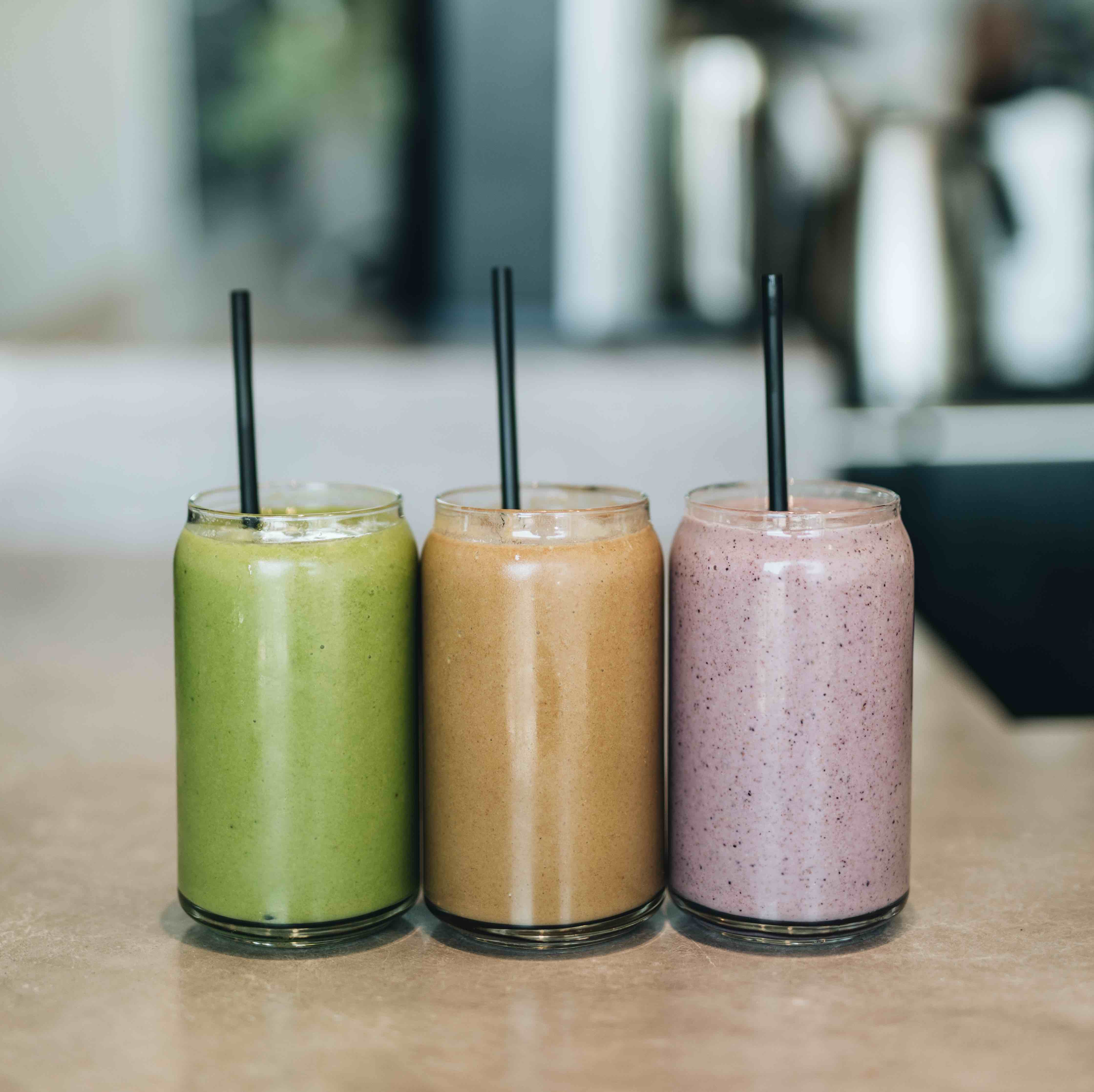Visit
Physiosports Brighton,
429 Nepean Highway, Brighton East,
3187, VIC, Australia
Call
Fax
03 9596 9155
physiosports@physiosports.com.au

By Julian Rosenstein APD
COVID-19 hasn’t been overly friendly to the world of sport. From grassroots and junior clubs to elite leagues – we have all taken a big hit. But now is not the time to let our physical & sporting progression come to a halt.
Nutrition is a major key to our health and performance. But sometimes it’s the first thing to go out the window when times get tough and stress kicks in. It is critical during this time to exercise and maintain a healthy lifestyle where possible – your diet should be no different! The power of a personalised, nutritionally complete diet that caters for your health and performance goals can be the difference between health and disease or winning and losing.
For some isolation inspiration, we have put together a quick guide and some recipes for a special meal of the day – the post-workout meal. The intake of key nutrients after exercise is highly important because they not only kickstart the body’s ability to rebuild muscle tissue, but also replenish energy stores and replace lost fluid and electrolytes. This is critical because it optimises our capacity to recover and benefit from training sessions and primes us for the next session – rebuilt, replenished and restored – with a lower risk of injury and illness.
The goal of a post-work-out meal is to:
With these considerations in mind, we can tailor a post workout shake, a convenient way to boost your recovery after training.
The major nutritional components of any good post-workout shake are:
Ingredients
1.5 cups of cow’s milk or soy/almond/rice milk (Fluid, Electrolytes, Protein and Carbohydrates)
1 large banana (Carbohydrates & Electrolytes)
1 scoop of protein powder – whey or egg (Protein)
2-3 tablespoons of milo (Carbohydrates & Antioxidants)
0.5 cup of ice (Fluid)
Instructions
Ingredients
1.5 cups of cow’s milk or soy/almond/rice milk (Fluid, Electrolytes, Protein and Carbohydrates)
1 large banana (Carbohydrates & Electrolytes)
1 scoop of protein powder – whey or egg (Protein)
0.5 cup of fresh spinach (Antioxidants)
0.5 cup of frozen mango slices (Carbohydrate and Antioxidants)
Instructions
Nutrition plans should be altered for each individual based on their performance and wellness goals, training load, age, gender, food preferences, medical conditions etc. For individualised dietary advice, we recommend seeking the professional advice of an Accredited Practising Dietitian who specialises in sports nutrition.
Julian is an Accredited Practising Dietitian and Performance Nutritionist with special interests in sports and performance nutrition, weight loss, gastro-intestinal health and the nutritional management of chronic diseases such as cardiovascular disease and diabetes.
Julian now works from Physiosports on Mondays and Saturdays. Call 9596 9110 to book in for an appointment.